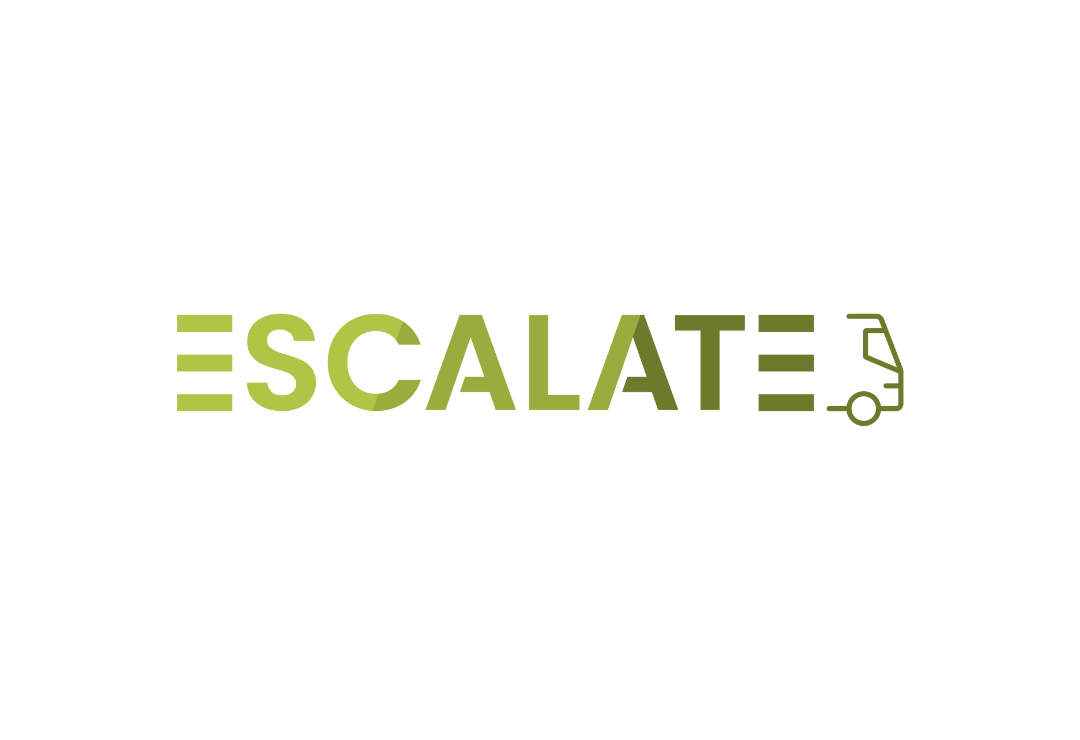ESCALATE kicks off with a bang!
The time has come: ESCALATE is finally here! This newly funded project successfully kicked off last week in Aachen (Germany), officially marking the start of a long yet exciting path to powering the Net-Zero future of the European Union!
Yes, you read it right:  The fierce ESCALATE project (“Powering European Union Net Zero Future by Escalating Zero Emission HDVs and Logistic Intelligence”) successfully kicked off last week in Aachen, Germany (18-19 January 2023). For two consecutive days, the partners met, chatted, and discussed the way forward for this exciting project focused on the future trucks (Fuel Cell and Battery Electric) to circulate along European roads.
The fierce ESCALATE project (“Powering European Union Net Zero Future by Escalating Zero Emission HDVs and Logistic Intelligence”) successfully kicked off last week in Aachen, Germany (18-19 January 2023). For two consecutive days, the partners met, chatted, and discussed the way forward for this exciting project focused on the future trucks (Fuel Cell and Battery Electric) to circulate along European roads.
But wait, there is more!: Heavy-duty vehicles (HDVs) account for about 25% of EU road transport CO2 emissions and about 6% of total EU emissions. In line with the Paris Agreement and the European Green Deal targets, Regulation (EU) 2019/1242 setting CO2 emission standards for HDVs (from August 14, 2019) forces the transition to a seamless integration of zero-emission vehicles into fleets.
To help achieve these ambitious goals, the ESCALATE project aims to demonstrate high-efficiency powertrains for long-haul applications that will provide a range of 800 km without refuelling/recharging and cover at least 500 km average daily operation in real conditions. Moreover, the project is built on novel concepts around three main innovation areas, namely:
- Standardized well-designed, cost-effective modular, and scalable multi-powertrain components.
- Fast Fueling and Grid-friendly charging solutions.
- And last but not least, Digital Twin & AI-based management tools considering capacity, availability, speed, and nature of the charging infrastructures as well as the fleet structures.
 Who is part of ESCALATE, you wonder? Its consortium brings together the collaborative efforts of a total of 37 partners from 13 countries. From (of course) POLIS Network to FEV Europe (Project Coordinator), University of Surrey (Technical Coordinator), and many many more, the different partners are committed to making this project a sound success in the field, paving the way for other future innovative resolutions!
Who is part of ESCALATE, you wonder? Its consortium brings together the collaborative efforts of a total of 37 partners from 13 countries. From (of course) POLIS Network to FEV Europe (Project Coordinator), University of Surrey (Technical Coordinator), and many many more, the different partners are committed to making this project a sound success in the field, paving the way for other future innovative resolutions!
If you have any questions, do not hesitate to contact Marina Martin and Alonso Dávila Graf-
